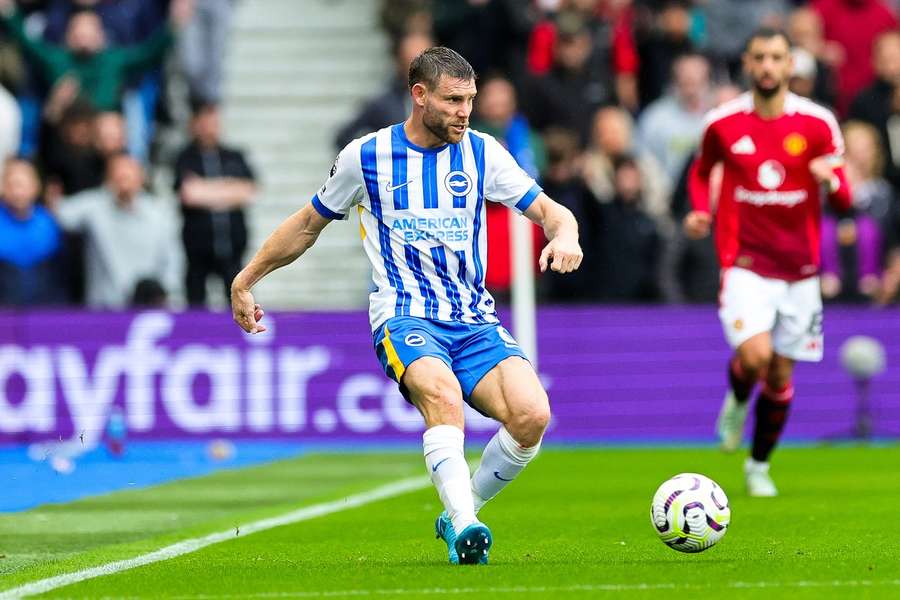Hurzeler says he uses the Champions League winner as a sounding board.
He told The Argus: “For me, it's very important to not have like a follower behind me. I want to have like a leader around me.
“If I have a follower, I won't grow. I won't develop as a person, as a coach. So I want people around me who challenge me, I want people around me who are leaders.
“I have like great assistant coaches, I have great staff members but I also have like a James Milner.
“James Miller is someone who challenges everyone, who has the winning mentality, winning culture inside of him.
“That's something we need here in this club because we have a clear vision and exactly players like this, who had like this career, who had like this success in their career, they are so important for the culture of the club.
Leadership by example
“Not only because of the past, because general by his behaviour, by his leading style, by his action he always shown, by his messages he always sends to the team during the week and also on matchday.
“So I'm really happy that he's here and hopefully he will be here longer.
“But, in general, it's great to work with a person like James in the building.”
Asked how the relationship with Milner works, Hurzeler says there's great mutual respect.
“We challenge each other, we ask each other, we reflect each other.
“We reflect, for example, the Leicester game. Okay, what can we do in in the future that these things don't happen again?
“How can we improve the individual players?
“And it's more about like a discussion. It's not that he's coming into my office and saying, ‘Do that’ or ‘Do that’.
“In the end, I'm the coach, I make the decisions, but I always say I'm a coach who listens to the players. I'm a coach who wants to have players who take ownership and take responsibility.
“And that's what I'm what I'm standing for and that's how I think the environment should look like in a high-performance culture.
Players taking ownership
“In a high-performance culture, the players should take more ownership.
“The players should take more responsibility because, in the end, they are the players or they're the person who was standing on the pitch and they need to be convinced of the ideas.
“They need to be convinced of the style of play.
“If they are not convinced and if they don't know exactly what we want to do, they can't do it like with 100% of themselves on the pitch.
“So that's why I love to have players around me who have this skill to be a leader and the skill to take ownership and he's one of these players and therefore I'm never the guy who hides from confrontation, who hides from critical feedback because like this I think you grow as a person and as a coach.”
